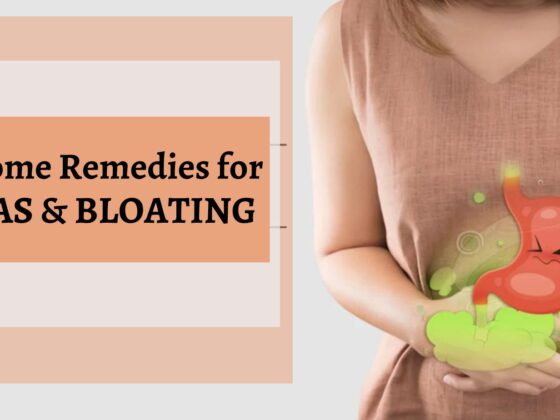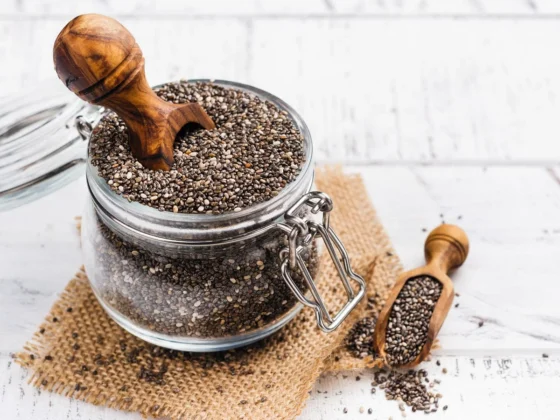Relaxation may feel like an indulgence. Relaxation is a necessity for both our mind and soul. It provides a feeling of luxury to the physical body.
In today’s time, we all are overburdened with work and are overstimulated. This leads to many health problems and creates a high-pressure lifestyle. It can affect our body in many practical ways. But fortunately, we have different ways of stress relievers available to us.
Relaxation doesn’t cost anything and is a simple way to lead a healthy life. It has several health benefits.
Before you dismiss the idea of relaxation to a simplistic cliché corner, let’s examine what it is, how to do it right, and the myriad ways that it can impact your physical and mental health.
Your Blood Pressure Goes Down

According to studies, stress hormones can speed up your heart and tightens your blood vessels but the opposite happens when you relax. Relaxation helps in controlling your blood pressure.
If you have high blood pressure, relaxation methods like meditation may help you manage stress and lower your chances of heart disease. (But don’t stop taking your medicine unless your doctor says)
ALSO READ| Know About Meditation relaxation therapy
Your Digestion Gets Better

Did you know relaxation helps in better digestion? Well, when you have stressed it causes the “fight or flight” reaction, your digestion gets put on hold as blood moves toward your larger muscles.
Relaxation reverses this process. It helps in lowering the inflammation that can hurt your gut. Stress plays an important role in many digestive problems, like irritable bowel syndrome (IBS). Calming techniques like deep breathing or meditation might help with your symptoms.
Your Breathing Slows Down

Relaxing helps you to breathe well and helps in reducing the panic attacks you have. So, take a deep breath whenever you are stressed out. Breathing too fast may lead to low levels of carbon dioxide in your blood, which could make you dizzy and weak.
But relaxation slows your breathing rate and helps you to relax with slow controlled breathing, around 6 breaths a minute
Your Muscles Relax

When you relax your muscles also relaxes, your body stiffness gets ease. You may have body stiffens at home or work and these muscle tensions can get ease when you calm down.
But long-lasting stress can lead to tense muscles nearly all the time. If you have a hard time relaxing, ask your doctor about biofeedback.
You Have Better Blood Sugar Control

When you relax your blood sugar control is better. Stress hormones can make your blood sugar rise. If you have diabetes, the effort it takes to manage your condition may amplify your stress.
Relaxation can help you get a handle on your blood sugar (though it can’t take the place of medicine). To get there, regular exercise and enough sleep are important. Try relaxation practices like meditation or yoga to help you mellow out further.
Your Immune System Works Better

Deep relaxation can help your immune system to recover better. The long-lasting stress makes it harder for the body to fight off infections.
Techniques like progressive muscle relaxation can help a lot with this. It’s even more important to manage your worries as you age. Your immune function naturally declines over time.
ALSO READ| Sleep paralysis can be treated using meditation relaxation therapy study
How Can You Relax?
Some people unwind while they garden, cook, or read. While others pray or meditate. Or you can explore other techniques to like:
- Visual imagery
- Progressive muscle relaxation
- Massage
- Sit down, making sure you’re comfortable.
- Close your eyes.
- Gradually relax all of your muscles, starting at your feet and working your way up.
- Breathe through your nose.
- Pay attention to your breath.
- Listen to music
- Do what you love











